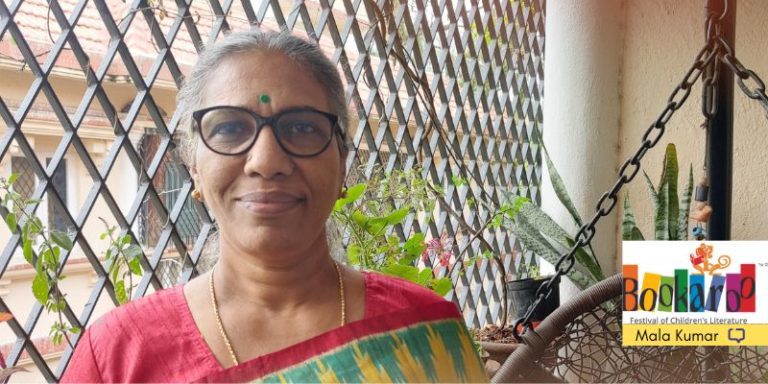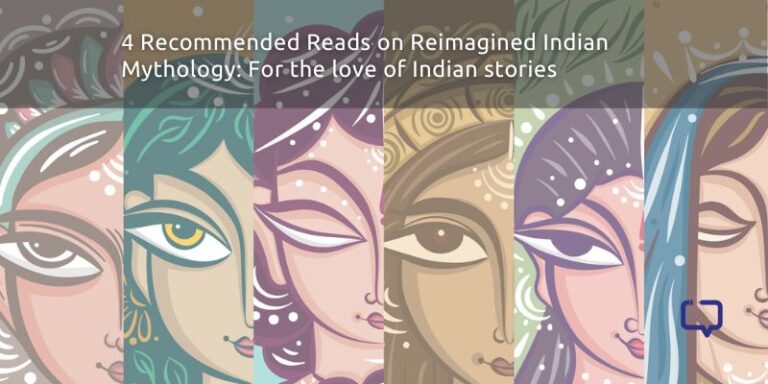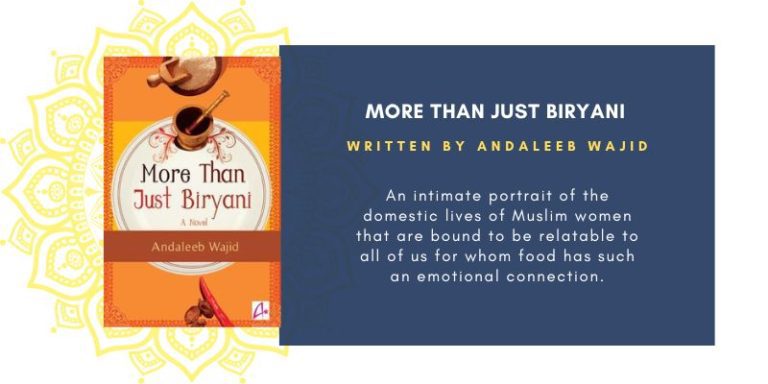During the lockdown period, I got into reading autobiographies, as a distraction from my day job of teaching classical texts. While cleaning my bookshelf I found an autobiography, Citizen Delhi: My Times, My Life, and started reading the iconic figure Sheila Dixit, the former Chief Minister of Delhi and the series continues from Sanjay Manjrekar’s autobiography Imperfect, followed by News reader Mrinal Pande’s Daughter’s Daughter, then My Story by Kamla Das and the latest one is Ruskin Bond’s Lone Fox Dancing.
We encourage you to buy books from a local bookstore. If that is not possible, please use the links on the page and support us. Thank you.
Lone Fox Dancing is a delightful journey to read; filled with various people from politicians to news readers to cricketers to authors. Ruskin’s Bond’s autobiography is enticing as it breaks all the societal conventions around love, marriage, family and the political boundaries of a nation.
It has been published by Speaking Tree and divided into four parts; each devoted to a particular phase of Ruskin Bond’s life beginning from childhood to adulthood till his recent life. At 277 pages, it is economical in its prose, and delightfully punctured old black and white photographs.
Bond, the lone fox
The initial part of Lone Fox Dancing is devoted to his childhood days in India, about his parents, their strained relationship, his mother’s extra-marital affair, the ultimate break up of his parents, his mother’s remarriage, his father’s sickness and his untimely demise and the writer as a lone sufferer as a child. The only shelter from these woes is his school days in Shimla and the friendship he developed during his stay in boarding school.
Redefining relationships
The best part of the narrative of Lone Fox Dancing is that it breaks the convention of the notion of ‘family’ pertinent, especially in India. For instance, Bond writes how he was more comfortable with his step-father’s ex-wife than his biological mother. Similarly, he prefers to stay with his foster family Rakesh and Beena for his life. The idea of a family in a strict sense has been broken by him, if one wants one can make anyone a family. He truly adheres to the concept of the Indian philosophy of “Vasudha Eba Kutumbakam” (i.e whole world is our family).
By extension, he also questions traditional marriage. Is love or cultural similarity required for a bond of marriage? He talks us through his own failed relationships, where logic triumphed over love.
Just as he speaks of broken families, he speaks with equal candidness about the idea of choosing your own family and that of friendship; a relationship that knows no barriers of borders, caste, community, race or religion.
The description of his friends, especially from Pakistan, is heart-warming, and his failure to comprehend the hate for Pakistani Muslims during India-Pakistan War is another heart-wrenching moment for him.
Boundaries: Real and not
Ruskin Bond raises a very pertinent question of nation and nationalism, through his identity which was always in flux; born to British parents but brought up in India.
In one particularly poignant scene, he narrates an incident from Puri, Odhisa where he went with his foster family to a Lord Jagannath temple, and was stopped for his skin colour while his family was allowed inside. Who is Indian? Is someone qualified to be an Indian just by skin colour?
Favourite Quote
Being Indian and feeling Indian has little to do with one’s place of birth or one’s religion.
Conclusion
Ruskin Bond and his connection with nature is nothing new and his vivid descriptions of nature and the natural world, especially the hills, are always a treat for readers. Lone Fox Dancing builds on this but also questions several notions of what it means to be Indian, and for that, it is an important read for our times. It portrays him as a man who does not like to conform, and while it does not give us any details about his life, it is a worthy read.























